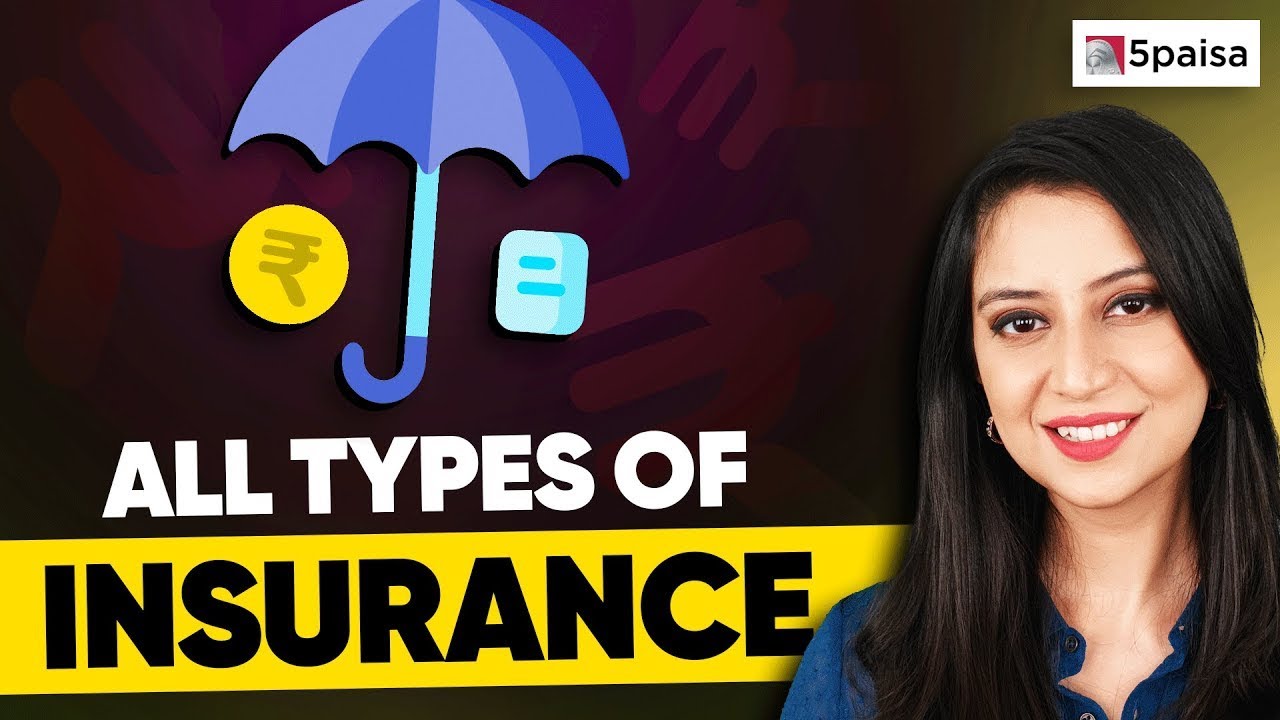Insurance is a financial tool that provides protection against unforeseen risks, offering peace of mind in times of uncertainty. At its core, insurance involves a contract between an individual or business and an insurance company, where the insured pays a premium in exchange for coverage against specific risks. From life insurance to general insurance, this guide will break down the essentials to help you understand how insurance works and why it matters.
What is Insurance?
Insurance is a risk management mechanism designed to shield individuals, families, or businesses from financial loss. It works on the principle of pooling resources. A large group of people pays premiums, and the insurer uses this collective fund to compensate those who experience covered losses.
For example, if you have car insurance and get into an accident, your insurance provider will cover repair costs or liability up to the policy limits. Without insurance, you would bear the entire financial burden yourself.
Types of Insurance
Insurance is broadly categorized into two main types: life insurance and general insurance. Let’s explore these categories and other specialized coverages:
1. Life Insurance
Life insurance provides financial protection to your loved ones in the event of your untimely death. It ensures that your family has the financial means to cover living expenses, debts, or future needs, like education or retirement. Common types of life insurance include:
- Term Life Insurance: Offers coverage for a specific period (e.g., 10, 20, or 30 years). It’s affordable and straightforward but doesn’t have a cash value component.
- Whole Life Insurance: A lifelong policy that combines insurance coverage with a savings component, known as cash value.
- Universal Life Insurance: A flexible option that allows policyholders to adjust premiums and death benefits while building cash value over time.
2. General Insurance
General insurance covers risks other than life. This category includes:
- Health Insurance: Covers medical expenses, including hospital stays, surgeries, and prescription medications. Health insurance can be individual or employer-sponsored.
- Motor Insurance: Protects against damage to your vehicle and third-party liability. It includes:
- Comprehensive Insurance: Covers both your vehicle and third-party liability.
- Third-Party Insurance: Covers damages caused to others but not your vehicle.
- Home Insurance: Safeguards your property and belongings against risks like fire, theft, or natural disasters.
- Travel Insurance: Provides coverage for trip cancellations, medical emergencies, lost baggage, and more while traveling.
3. Specialized Insurance
Beyond the basics, there are specialized insurance policies tailored to unique needs:
- Business Insurance: Protects businesses against risks like property damage, liability, and employee-related issues.
- Pet Insurance: Covers veterinary expenses for your pets.
- Cyber Insurance: Provides protection against cyber threats like data breaches and hacking.
- Professional Liability Insurance: Common among professionals like doctors and lawyers, this insurance covers legal costs arising from errors or negligence in their services.
Why is Insurance Important?
Insurance plays a crucial role in personal and financial planning. Here’s why it matters:
- Risk Mitigation: Reduces the financial burden of unexpected events, such as accidents, illnesses, or natural disasters.
- Financial Security: Ensures that you and your loved ones are protected against significant financial losses.
- Peace of Mind: Knowing that you have a safety net allows you to focus on your goals without constant worry about potential risks.
- Legal Compliance: Certain types of insurance, like motor insurance, are mandatory in many countries.
How Does Insurance Work?
- Choose a Policy: Identify your needs and select a policy that offers appropriate coverage.
- Pay Premiums: Regularly pay a predetermined amount (monthly, quarterly, or annually).
- File Claims: In case of an insured event, file a claim with supporting documents.
- Receive Benefits: The insurer evaluates your claim and provides financial compensation based on policy terms.
Tips for Choosing the Right Insurance
- Assess Your Needs: Determine what risks you want to cover (e.g., health, property, or life).
- Compare Policies: Shop around for policies with the best coverage, premiums, and terms.
- Read the Fine Print: Understand exclusions, waiting periods, and policy limits.
- Consider Riders: Add-ons like critical illness riders can enhance your coverage.
Conclusion
Insurance is more than just a financial product—it’s a vital tool for safeguarding your future. Whether it’s life insurance to secure your family’s future, health insurance for medical emergencies, or specialized policies for unique needs, understanding your options empowers you to make informed decisions. By investing in the right coverage, you can navigate life’s uncertainties with confidence and peace of mind.
